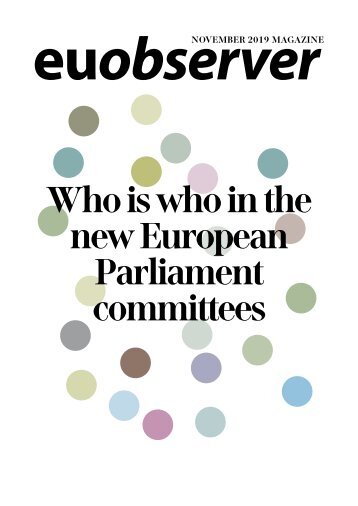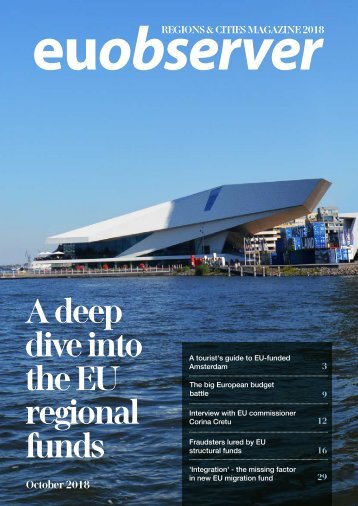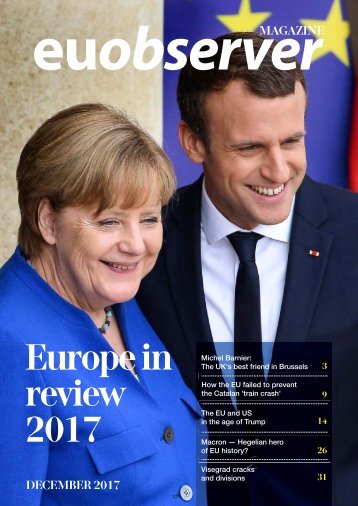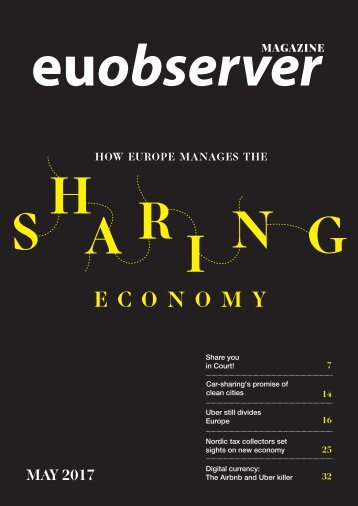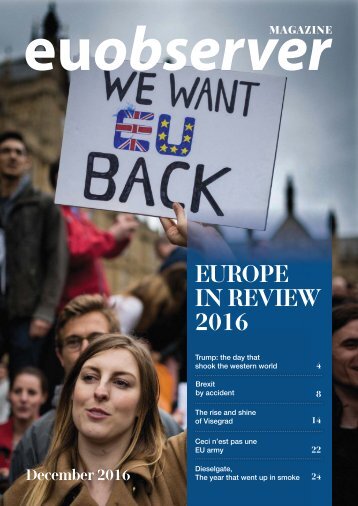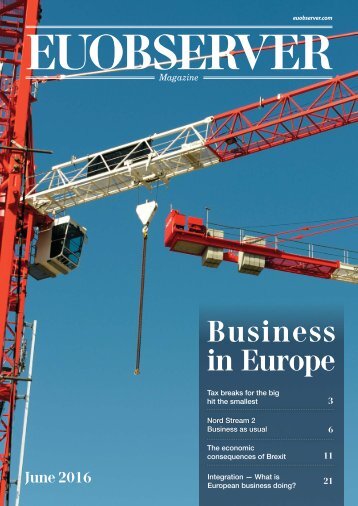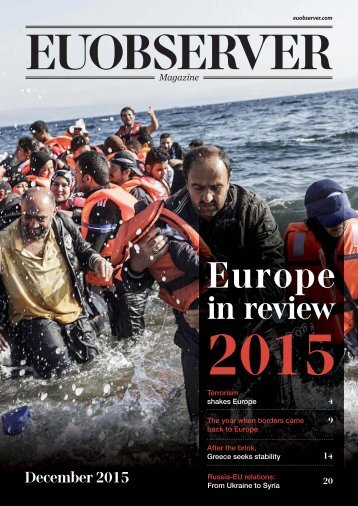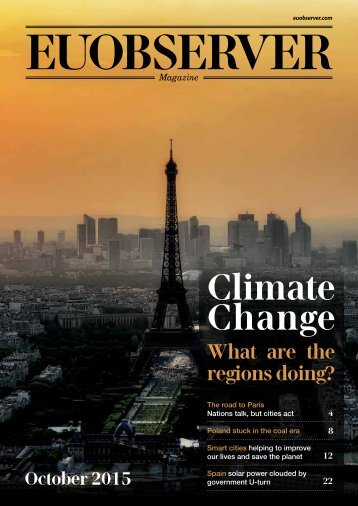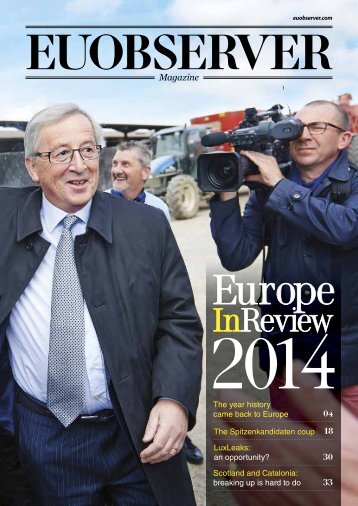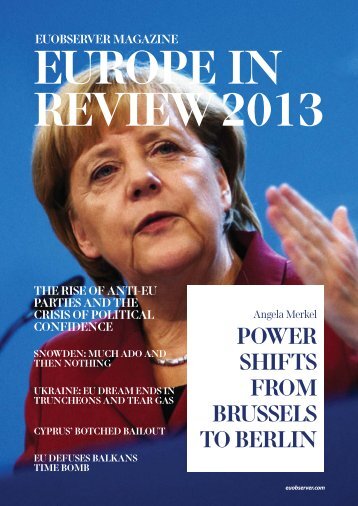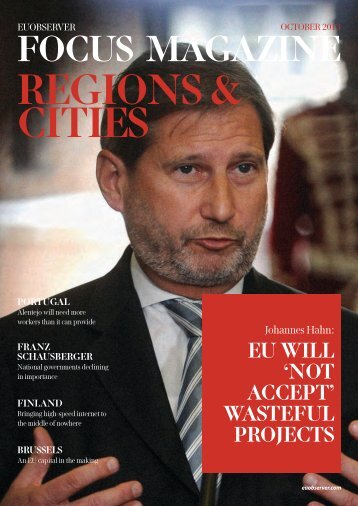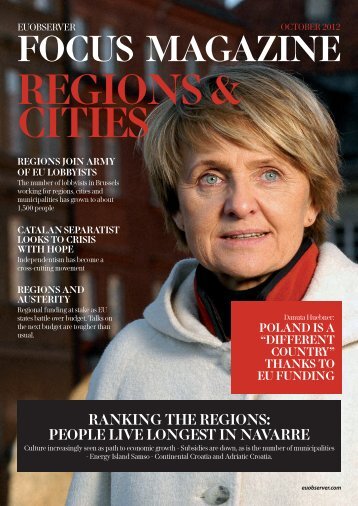How Europe manages the sharing economy
- Text
- Tech
- Europe
- Agenda
- Market
- Economy
- Smartphone
- Digital
- Economy
- Economy
- Airbnb
- Uber
- Union
- Politics
- Euobserver
- Business
- Economy
Photo:
Photo: European Commission Photo: EUobserver Uber still div/ides Europe Uber says national regulations are often outdated, but taxi drivers still see the app as unfair competition. By Jean Comte SHARING ECONOMY & EUROPE MAY 2017
In Brussels, it's easy to make a taxi driver speak: just ask him how he feels about Uber, and he won't stop talking for ten minutes. Take Rachid Azghari for example, a 42-year-old taximan, who has been driving his cab in Brussels for the last ten years. Waiting in line with other taxis for potential clients to transport, he told EUobserver how his business was hit with the arrival of the car-sharing application two years ago. "On average, I have 30 percent fewer clients than before,” he said. “It is mostly the case at the weekends and during the night. After 1am, there are no clients anymore." Before Uber arrived, "I could make € 400 in one night, on a good weekend,” said Ahmed, another taxi driver who declined to reveal his full name. “Now, I'm happy when I make € 200." LEGAL COMPLIANCE Uber, however, is not operating in a legal vacuum. When its application UberPop, which allowed nonlicensed drivers to offer rides, was outlawed in Brussels, Uber restricted its offer to UberX and UberBlack. These two apps, UberX and UberBlack, only rely on licensed drivers, though this licence is not categories of "tourism cars" or "limousine" – vehicles that cannot be hailed on the street, and have to be booked ahead. This move is symbolic of the more collaborative stance adopted by Uber in Europe since last year. After UberPop was banned in several countries, such as Spain, France and Germany, Uber focused more on services offered by licensed drivers, who comply with national rules. Rachid and Ahmed are not the only ones complaining about Uber. The Federation of Belgian taxis (Febet) considers the US company to be engaging in "unfair competition," according to its secretary general, Sam Bouchal. "Uber is working under illegal conditions," Bouchal told EUobserver. "The out of control." An anti-Uber protest, planned for 30 March, was cancelled at the last minute, after talks with the Brussels regional government. According to Febet, transport minister Pascal Smet – who declined to speak with EUobserver – committed to further talks. The same thing happened in Moscow, where Uber made the commitment that all of its drivers have to get authorisation from the Department of Transportation. "In each country, we work according to the [local] legislation," Antonio Constanzo, Uber's public affairs director for France and southern Europe, told EUobserver. “We only do what is legally allowed." Taxi drivers still contest this last statement, however. "The 'limousine' category is very restrictive – it only applies to luxury cars booked for a minimum of three hours", said Bouchal from the Belgian taxi federation. Photo: Uber SHARING ECONOMY & EUROPE MAY 2017— 17
- Page 1 and 2: HOW EUROPE MANAGES THE E C O N O M
- Page 3 and 4: A TRANSFORMATION THAT LACKS A COMMO
- Page 5 and 6: For Airbnb, which allows its users
- Page 7 and 8: SHARE YOU IN COURT! Regulatory syst
- Page 9 and 10: Home-sharing site Airbnb is facing
- Page 11 and 12: The sharing economy started out wit
- Page 13 and 14: PEOPLE BENEFIT But the changing bus
- Page 15: cyclists Photo: Pedro Ribeiro Simõ
- Page 19 and 20: SUSTAINABLE ENERGY WEEK CLEAN ENERG
- Page 21 and 22: as these. The real trouble is cause
- Page 23 and 24: a host rented out their apartment l
- Page 25 and 26: Nordic tax collectors set sights on
- Page 27 and 28: Many of them, like Uber, Airbnb and
- Page 29 and 30: Lobbyists educate EU policymakers o
- Page 31 and 32: Photo: European Commission “We ar
- Page 33 and 34: Unlike Bitcoin, Ethereum is also ab
- Page 35 and 36: Executive Master of European and In
Inappropriate
Loading...
Mail this publication
Loading...
Embed
Loading...





